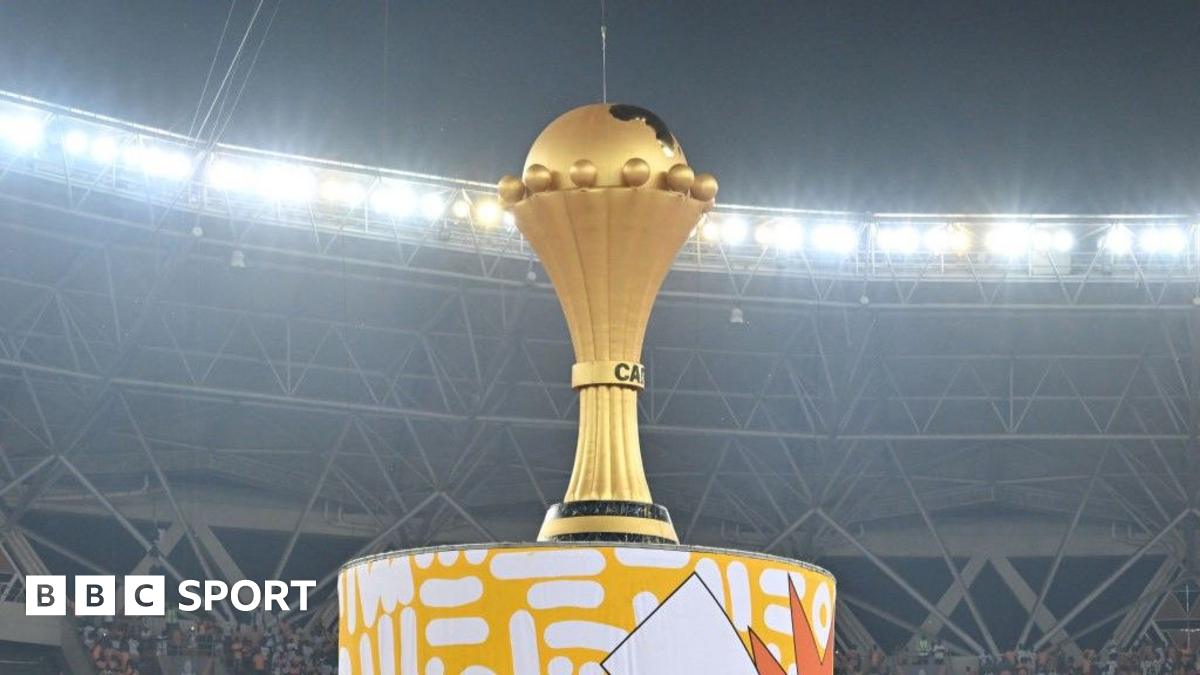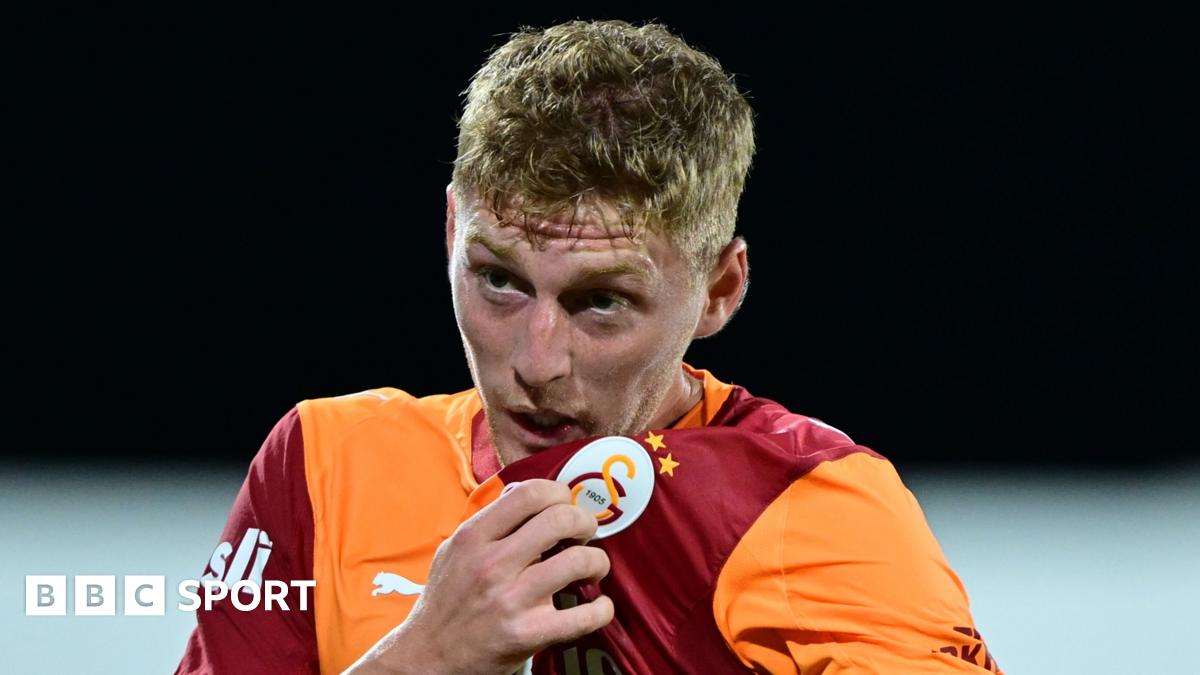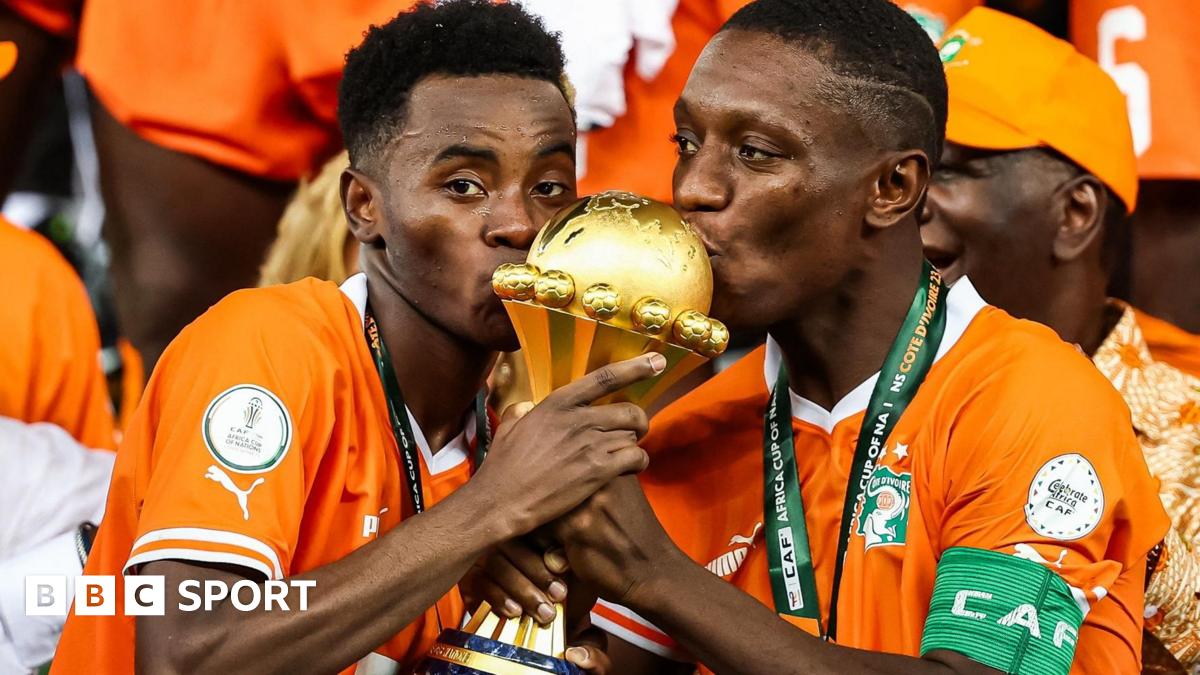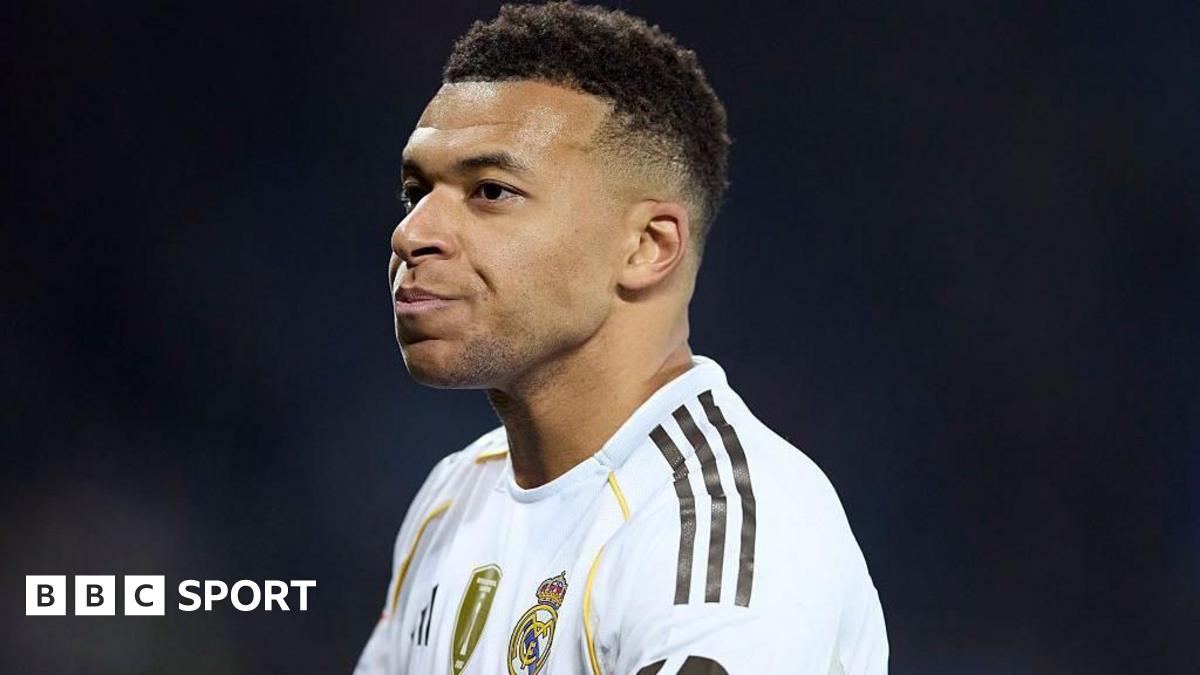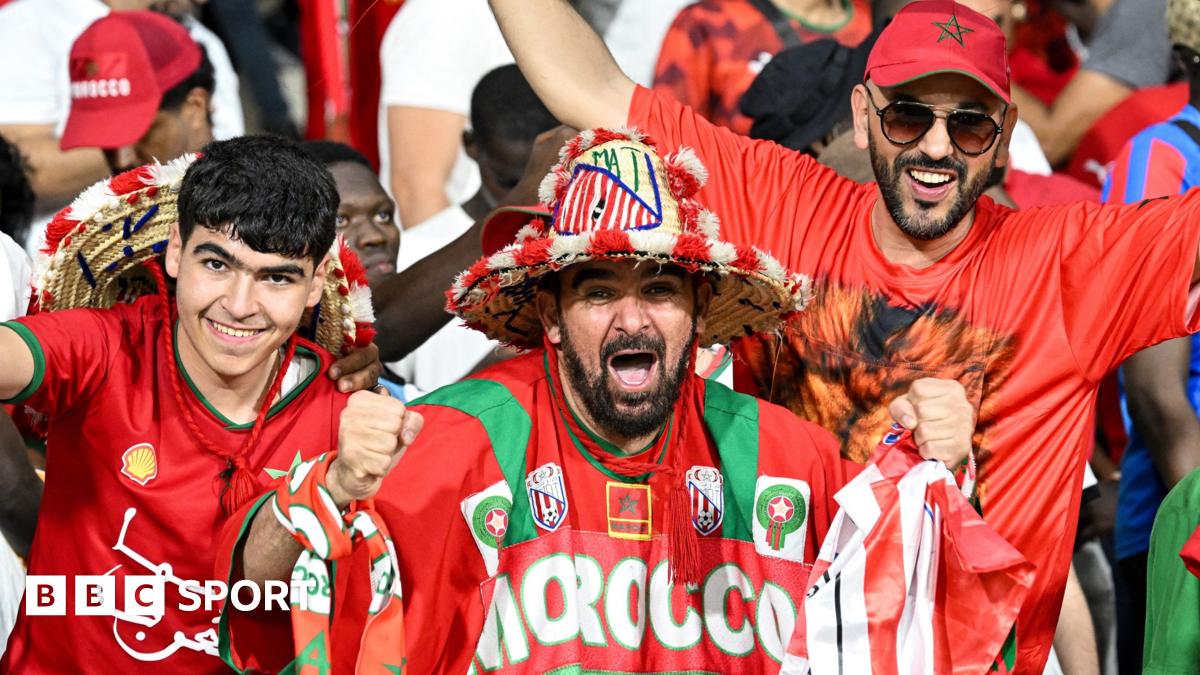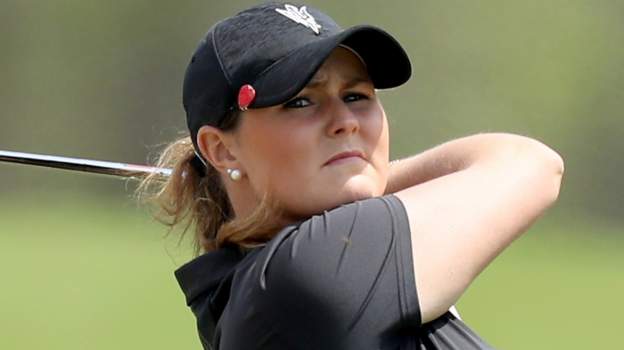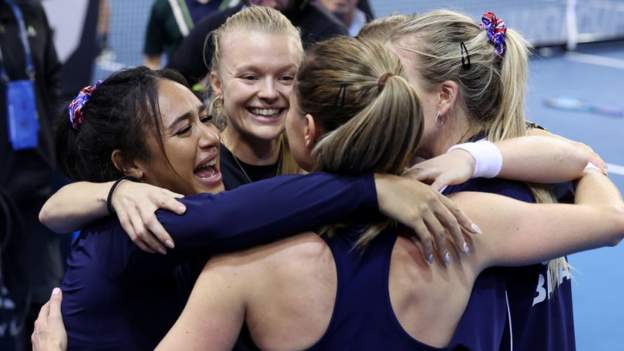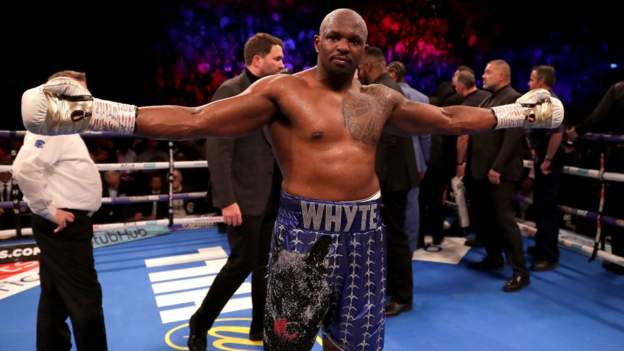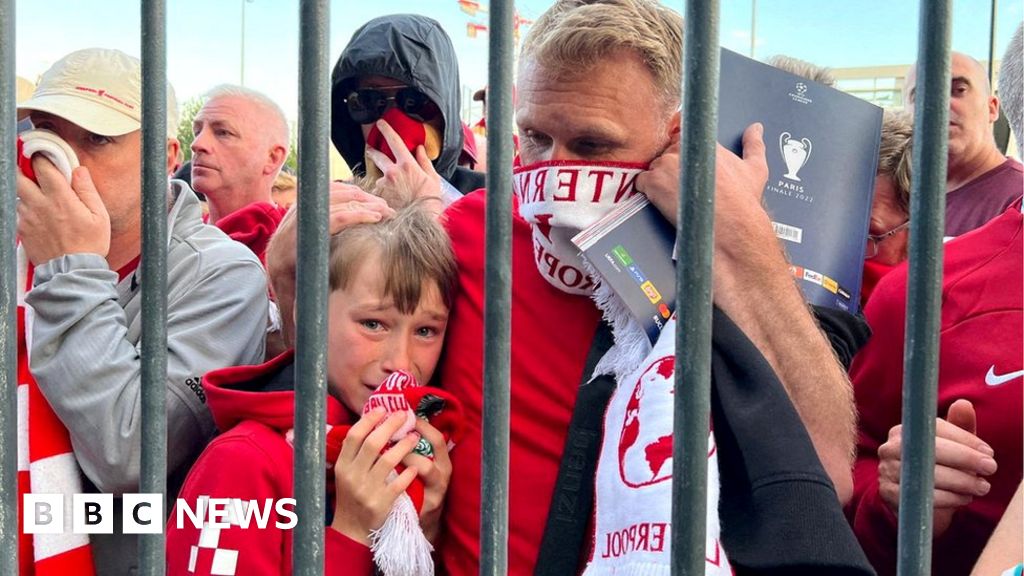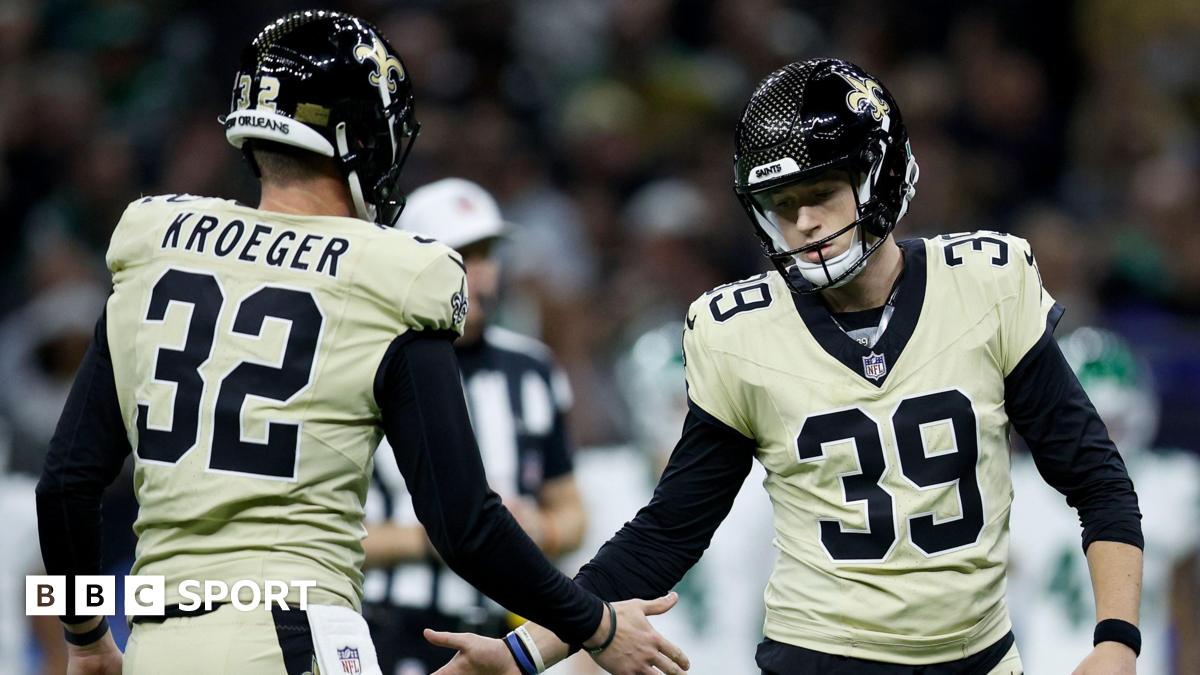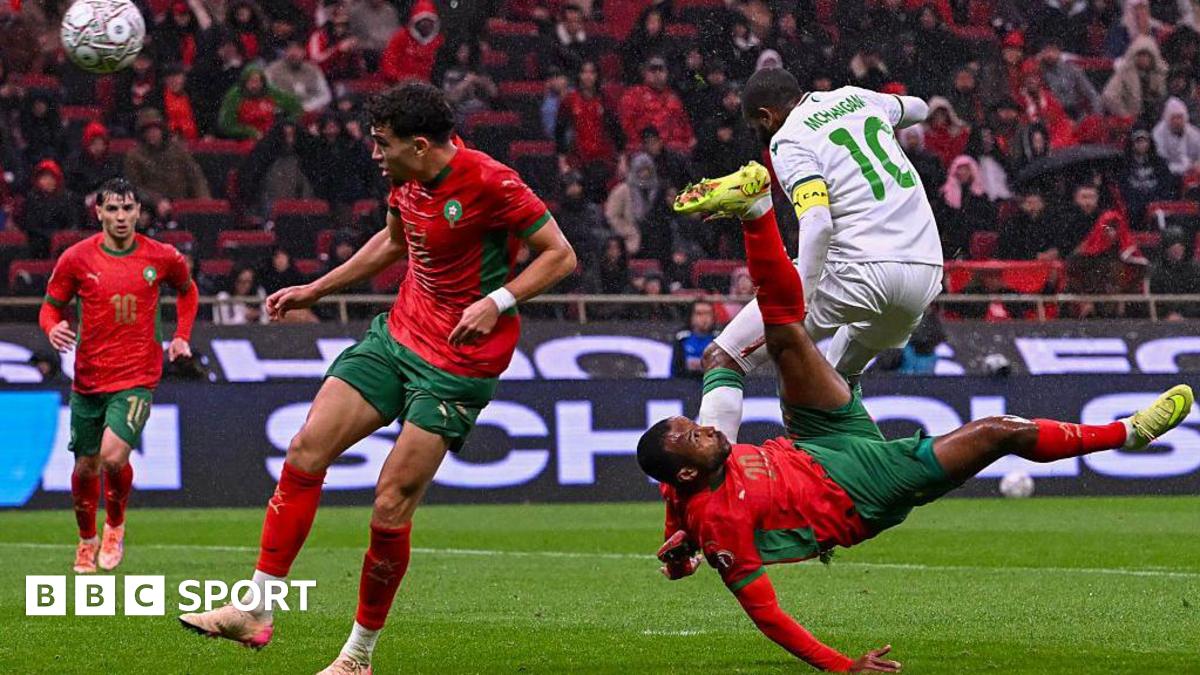“It’s weird. My golf was bad. I was shooting high scores but I still loved it. My biggest battles felt like getting through the day and my worries were never golf.
“If I came off and I shot an 80 I wasn’t concerned about my score. I was concerned about my wellbeing and I knew I was in a bad place.”
Just three days after she lost her father to cancer in December, Olivia Mehaffey was packing her bags to head to Q-School for the Ladies European Tour.
“I knew it was coming and I knew he was so unwell,” said the Northern Irish player, who enjoyed a highly-decorated amateur career.
“He made me promise I was going to go and I said I would go for him. It was probably the toughest period of my life.
“Being in America, trying to do Q-School and launching the dream I had since I was a little girl, I had this pressure on myself where I wanted everything to be perfect before I knew I was going to lose him.”
The 24-year-old admitted she “buried my head in the sand” over her father’s death as she qualified for the European Tour.
“To get on a plane and not really publicise it, nobody really knew and to be there by yourself for those two weeks was gruelling,” she said.
“Q-School is not enjoyable at the best of times and to have that going on as well is very, very tough.
“Looking back I think it will be the most difficult golf event of my career.”
After gaining her European Tour card, Mehaffey had a successful start to the year with five top-20 finishes in six starts, however her form soon dipped and she added that “putting that much pressure on yourself is not healthy”.
Mehaffey says she realised she needed help when she hit “breaking point” in the summer.
“It probably should have happened a few months before it did. It caught up with me,” she said.
“You know you are struggling and you push on, but when other people see it – my family were begging me to take time off and friends were saying that I really needed to get some help.
“I didn’t really see it until I hit breaking point. I was at a tournament, I came off after the first round and I was in floods of tears.
“I withdrew from that tournament, came back home and started a journey of improving my mental health.”
‘I shut down’
Mehaffey played the World Invitational in August and said discussions with family and friends following the event led her to take the “tough” decision to step away from the sport.
“After Galgorm I had all my family and friends over before I was going back to America. I remember vividly that three people came up to me and said, ‘please take some time off, please don’t get on that plane to America tomorrow’.
“I had alarm bells in my head. Golf is my escape. It doesn’t matter what I shoot, I’m getting away from the big problem.
“It just absolutely hit me where I was thinking, ‘you’re running away from your problems here. Your problem is not golf, it is so much deeper’.
“I stand here now and it was probably the best decision I have made in a long time.”
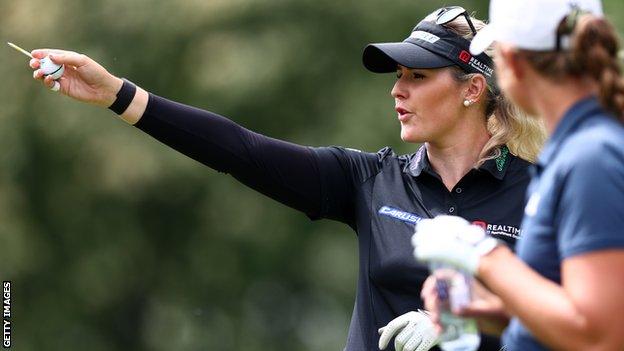
After returning home, Mehaffey stayed away from the course for a month and began to see a psychologist.
She has also started to journal her mental health journey.
“A lot of time was spent focusing on myself, looking back and reflecting. I definitely needed that time,” she added.
“I’m someone who loves to do everything myself and the thought of having to lean heavily on others is not easy for me.
“It definitely helps being close to home and feeling that love and support. That has helped me improve my mental health a lot over the past few months.”
‘I was never going to quit’
Mehaffey is set to launch a blog to encourage others to talk about their mental health and said the response to a message she posted on social media made her realise it “could really make a difference”.
“It was overwhelming how many people messaged to say they were struggling and they had been going through the same thing,” she said.
“I never spoke to anyone. As soon as I lost my dad, if someone came up to me and said ‘I’m sorry for your loss’, I almost shut down and was like, ‘how are you?’.
“You have to talk to people, hold your hands up and say it has been tough instead of saying everything is fine, which is normally my answer to most things.
“It would have been very easy for me to go off for two months and not tell anyone else what I was doing.
“Being a role model in sport is so much more than holding a trophy. Being a role model is very important for me.”
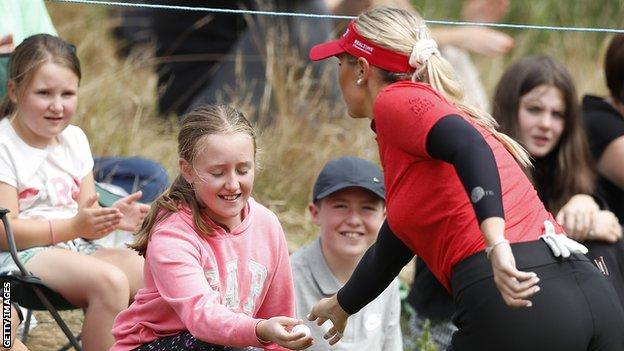
After taking a break from the sport, Mehaffey is ready to return to the course next year and says the majority of her season will be on the Ladies European Tour.
“I never wanted to quit. I knew when I took this time off that it was time to get better and come back when I felt I was going to be ready for it,” she added.
“I feel like I am starting to get myself back, slowly. It has been tough.
“I’m very excited to get back next year and I feel like I am starting to get back into that competitive mindset.
“I think I’m going to look back in a few years and see this time really helped me and made me a much, much stronger person.
“If you can kind of get through what I have been through then you can get through anything, really.”



